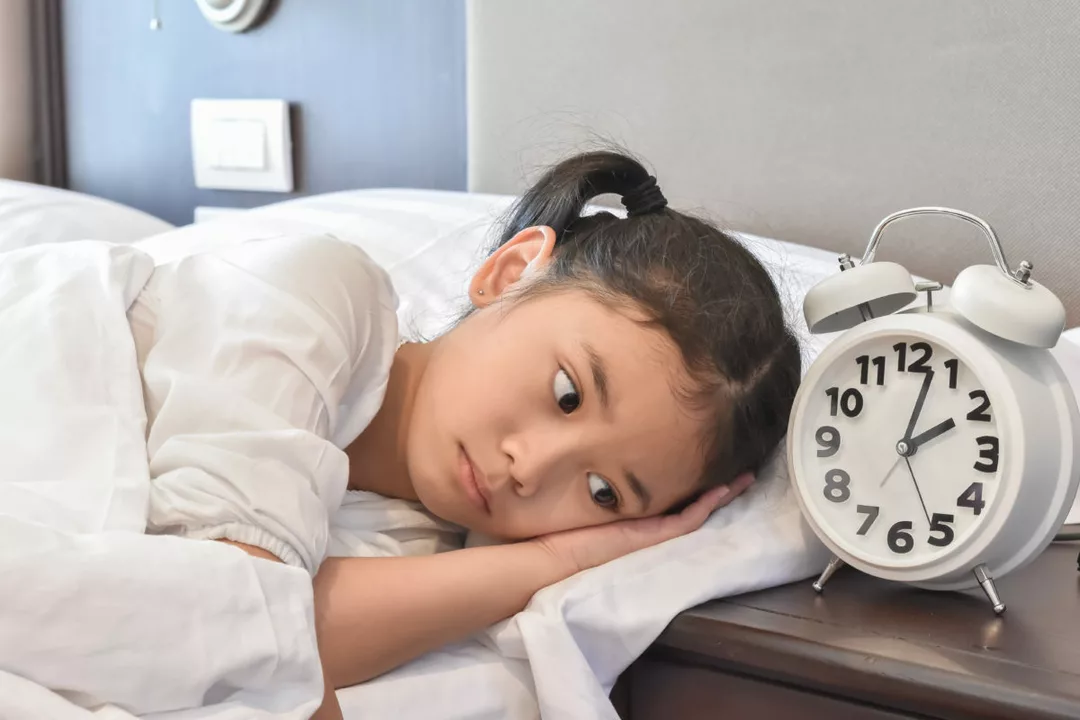Mental Health: How Your Sleep Rhythm Shapes Mood and Well‑Being
Ever wonder why a bad night’s sleep can leave you feeling down or on edge? It’s not just a case of being tired – your brain chemistry is tightly linked to when you fall asleep and wake up. When your internal clock gets out of sync, things like anxiety, low mood, or even irritability can spike. Understanding that connection gives you practical ways to boost both sleep quality and mental health.
What Is Delayed Sleep Phase Syndrome?
Delayed Sleep Phase Syndrome (DSPS) is a sleep‑timing disorder where the body’s natural clock pushes bedtime far later than typical social schedules. People with DSPS often can’t fall asleep before 2 a.m. and struggle to get up for work or school on time. The condition isn’t about how much you sleep; it’s about *when* you sleep. This mismatch creates a chronic “sleep debt” that feeds directly into mood‑related problems.
Research shows that folks with DSPS have higher rates of depression and anxiety compared to those with regular sleep patterns. The lack of restorative sleep can amplify stress hormones, making everyday worries feel bigger. If you’ve ever felt unusually moody after pulling an all‑night shift or staying up late for a binge‑watch session, you’re experiencing a mini version of this effect.
Practical Steps to Keep Your Clock in Check
First, try to set a consistent bedtime that aligns with natural darkness. Even if you can’t fall asleep right away, staying in a dim room signals your brain it’s time to wind down. Second, limit screen exposure at least an hour before bed – the blue light tricks your body into thinking it’s still daytime.
Third, get some morning sunlight. A quick 15‑minute walk outside within the first hour of waking helps reset the internal clock and lifts mood. If you’re stuck with a late schedule, consider using a light therapy box for 20 minutes each morning; many DSPS patients report noticeable improvements.
Finally, keep a simple sleep journal. Jot down when you go to bed, when you wake up, and how you feel during the day. Patterns emerge quickly, and you can tweak habits based on real data rather than guesswork.
Beyond DSPS, any irregular sleep schedule – like weekend “catch‑up” sleeping or rotating night shifts – can cause similar mental health dips. The key is consistency: aim for a regular bedtime and wake‑time, even on weekends, to give your brain the rhythm it craves.
Remember, mental health isn’t just about therapy or medication; it’s also about lifestyle basics like sleep. By paying attention to when you rest, you can lower anxiety, improve mood stability, and feel more energized throughout the day. Small tweaks in your nightly routine can pay off big time for your overall well‑being.
Grief vs. Depression: How to Tell Them Apart and Support Real Recovery
Grief and depression share symptoms but are fundamentally different. Learn how to tell them apart, recognize warning signs, and support real recovery - whether you're grieving or helping someone who is.
READ MORETreatment-Resistant Depression: Augmentation and Advanced Therapies That Work
Treatment-resistant depression affects 30-40% of people with depression. Learn about FDA-approved augmentation strategies like aripiprazole, esketamine, rTMS, and lithium-and why personalized treatment is the key to lasting recovery.
READ MOREThe Impact of Delayed Sleep Phase Syndrome on Mental Health
I recently came across some intriguing information on the effects of Delayed Sleep Phase Syndrome (DSPS) on mental health. This disorder, characterized by a consistent inability to fall asleep and wake up at socially acceptable times, can significantly impact one's psychological well-being. Studies have shown that individuals with DSPS are more likely to experience depression, anxiety, and other mood disorders. Additionally, the lack of quality sleep can exacerbate existing mental health issues, making treatment and management more challenging. It's crucial for us to raise awareness about the connection between DSPS and mental health in order to improve the lives of those affected by this sleep disorder.
READ MORE


